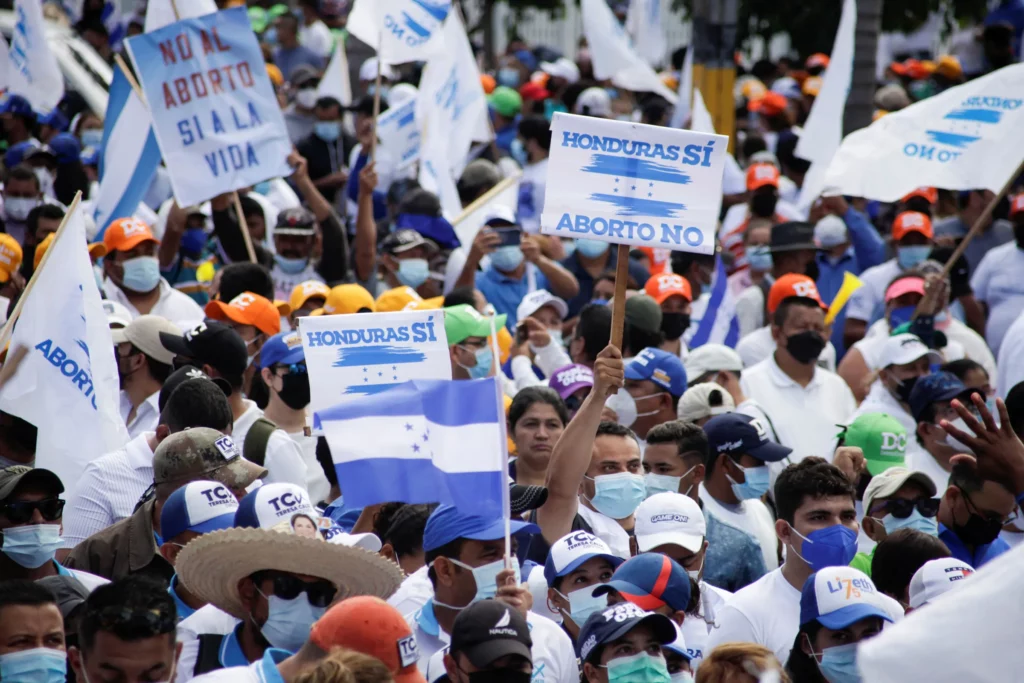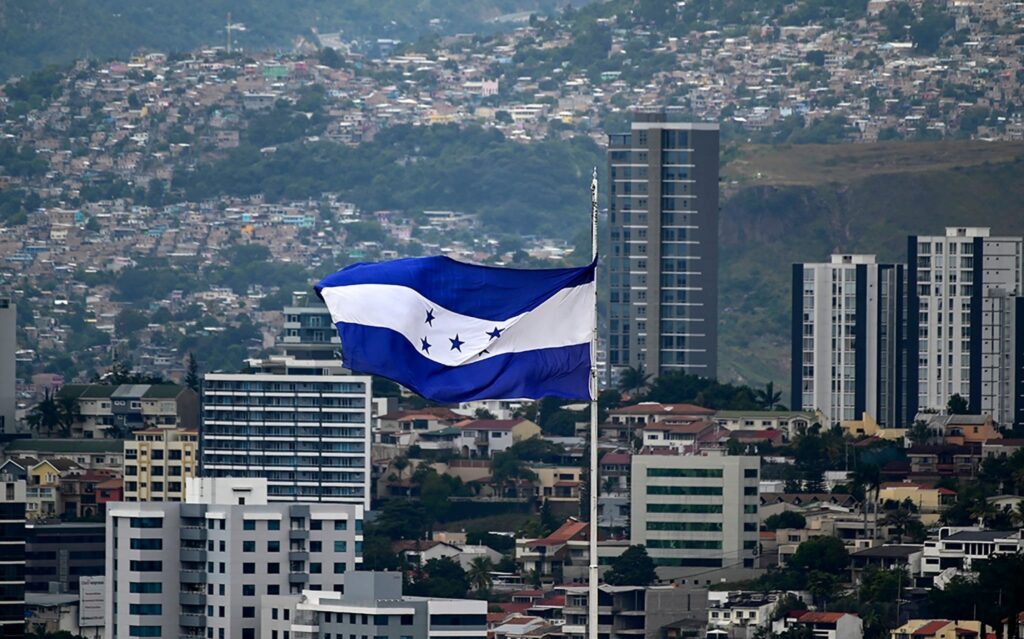
Abortion, a deeply polarizing topic across the globe, is intricately woven into the fabric of Honduras’ social, legal, and political tapestry. As one of the most restrictive countries in terms of reproductive rights, Honduras offers a poignant perspective on the challenges women face and the broader implications for society. This post seeks to shed light on the complexities surrounding abortion in Honduras.
The Legal Landscape
Honduras is among a handful of nations with some of the strictest abortion laws. As it stands, abortion is illegal in the country under all circumstances. This prohibition is absolute, whether the pregnancy is the result of rape, or incest, if it endangers the life or health of the mother, or if there are fetal abnormalities.
In recent years, discussions surrounding changes to these laws have been brought to the table, but the Honduras Supreme Court has been reluctant to modify the prohibitions. The consequences of these stringent laws are multi-faceted.
Consequences of the Ban
- Unsafe Abortions: Due to the blanket ban, many women resort to clandestine and often unsafe procedures. These illegal abortions put women at a higher risk of severe health complications, and in some cases, death.
- Criminalization of Women: Women found to have undergone an abortion can face severe penalties, including imprisonment. This punitive approach further marginalizes and traumatizes women, particularly those already in vulnerable situations.
- Economic Implications: A lack of access to safe abortion services can have economic ramifications for women and families. When women are unable to control their reproductive futures, it can limit their opportunities in education, employment, and societal participation.
The Cultural Perspective
While the legal aspect is stringent, it’s essential to understand the cultural backdrop. Honduras, predominantly Catholic, often holds religious beliefs that align with pro-life views. The Church plays a significant role in shaping public opinion and, by extension, policy-making decisions related to reproductive rights.
However, it’s worth noting that the conversation is not monolithic. Many in the country, especially among younger generations and women’s rights activists, are pushing for change and advocating for a more progressive stance on abortion.
International View
The international community, including human rights organizations, has frequently criticized Honduras for its strict abortion laws. The concerns raised often focus on the inherent rights of women to make decisions about their bodies, the dangers of unsafe abortions, and the broader implications for societal health and well-being.
Moving Forward
As the debate around abortion in Honduras continues, it’s crucial to remember that behind the legal discussions and cultural arguments, real women’s lives are impacted daily. There is a pressing need for a balanced dialogue, one that respects cultural and religious values but also recognizes the importance of women’s rights, health, and dignity.
The road to change is often long and winding, but with persistent advocacy, education, and open dialogue, there’s hope for a more comprehensive and empathetic approach to abortion in Honduras.

